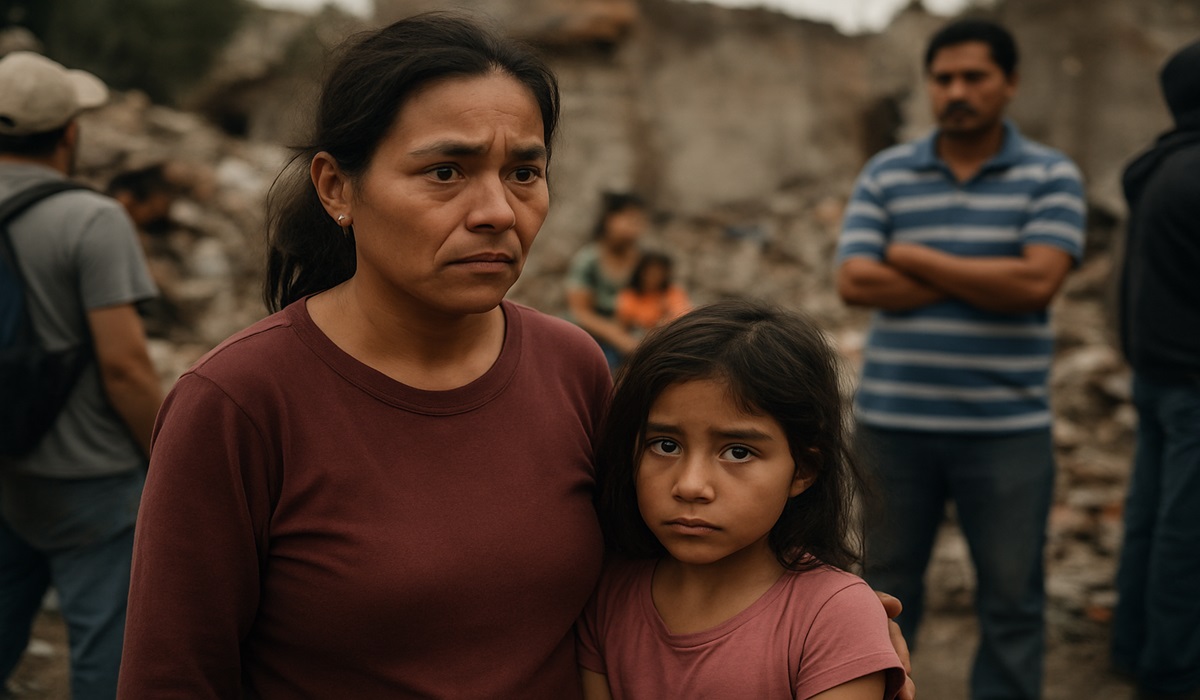National Indigenous History Month, Honours Charlotte Edith Anderson Monture
- Ingrid Jones
- D.O.C Supplements - Trending News
- Indigenous
- Midwest USA
- June 7, 2023

A Woman of Many Firsts
In honour of National Indigenous History Month, we celebrate the remarkable life and achievements of Charlotte Edith Anderson Monture, a trailblazer and advocate for Indigenous rights in Canada. Charlotte Monture’s accomplishments as the first Indigenous woman to become a registered nurse in Canada, the first to gain the right to vote in a Canadian federal election, and the first from Canada to serve in the United States military, have left an indelible mark on history.
Born on April 10, 1890, on the Six Nations of the Grand River reserve near Brantford, Ontario, Charlotte Monture faced numerous challenges and systemic barriers. At that time, opportunities for Indigenous women were severely limited, and discriminatory policies, such as the Indian Act, posed significant obstacles to their education and career aspirations.
Undeterred by these injustices, Charlotte Monture pursued her passion for nursing. Despite being excluded from most Canadian nursing programs due to her Indigenous identity, she found an opportunity to study in the United States. In 1914, she completed her training at the New Rochelle Hospital School of Nursing in New York, where she graduated at the top of her class and became a registered nurse. Her determination and dedication paved the way for future generations of Indigenous women in healthcare.
Inspired by her commitment to service and desire to contribute to the ongoing World War I efforts, Charlotte Monture joined the United States Army in 1917. By enlisting, she became the first Indigenous woman from Canada to serve in the U.S. military. She worked as a surgical nurse at Camp Sherman, a military training facility in Ohio, providing critical care to wounded soldiers. Her service exemplified bravery, compassion, and resilience in adversity.
Charlotte Monture’s achievements extended beyond nursing. In 1960, she became the first Indigenous woman to gain the right to vote in a Canadian federal election. This milestone was a significant breakthrough in the fight for Indigenous suffrage and representation in Canada, and Charlotte Monture’s pioneering efforts set a precedent for Indigenous women’s political empowerment.
Charlotte Monture’s accomplishments were achieved despite the systemic barriers imposed by discriminatory policies and social prejudices. Her determination to pursue her dreams in the face of adversity inspires all. Her legacy serves as a testament to the resilience and strength of Indigenous women, highlighting their invaluable contributions to Canadian society and beyond.
Today, Charlotte Monture’s groundbreaking achievements resonate, reminding us of the ongoing struggle for Indigenous rights and the importance of inclusivity and equality. Her legacy has helped pave the way for Indigenous women in various fields, inspiring future generations to break down barriers and pursue their aspirations.
As we celebrate National Indigenous History Month, let us honour Charlotte Edith Anderson Monture’s legacy and recognize the immense contributions of Indigenous women throughout history. By acknowledging their achievements and advocating for their rights, we can continue to work towards a more inclusive and equitable future for all.








